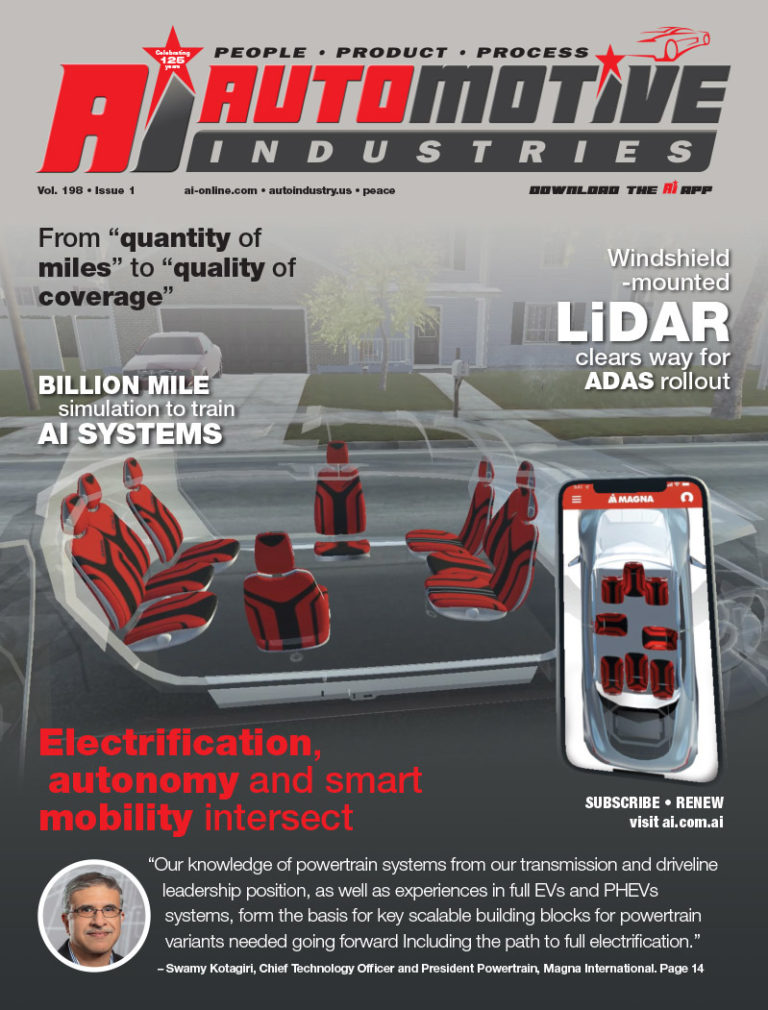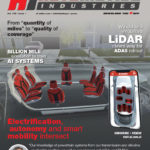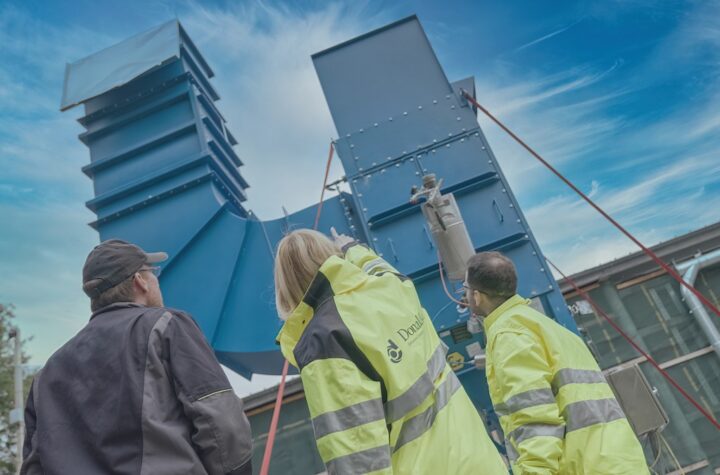General Motors’ efforts to eliminate the shipment of plant waste to landfills is spreading to its non-manufacturing sites, 10 of which now reuse, recycle or convert to energy all waste from normal operations.
“Our non-manufacturing facilities see the importance of being waste-reduction leaders, and they know their customers value it as well,” said John Bradburn, manager of GM’s waste-reduction efforts. “Being landfill-free has become a point of pride for our people and we hope even more facilities achieve the goal this year.”
Converting non-manufacturing facilities meant rethinking packaging such as cardboard – a significant waste stream due to volume. GM engineers work to create designs with recyclable attributes intended for disassembly. Technical specifications that can be followed on a global basis are being developed.
A landfill-free Customer Care and Aftersales facility in Burton, Mich. is using an environmentally friendly, bio-based packaging foam from supplier Landaal Packaging Systems that blocks and braces product like sheet metal to ensure safe arrival. Made from extruded cornstarch, the foam is both biodegradable and compostable.
At the same facility, a supplier helped GM engineers solve a waste challenge with a patented technology that shears and separates cardboard boxes attached to wood pallets. The separation is necessary to manage each material with the least environmental impact and gain significant financial value. The technology not only enabled it to earn landfill-free status this year, but the facility now generates $20,000 a month from recycling its cardboard.
“We believe GM has more landfill-free facilities than any other automaker,” said Mike Robinson, GM vice president of Environment, Energy and Safety Policy. “Our engineers and suppliers are finding ways to reduce challenging waste streams, eliminate scrap, and design for the environment.”
The non-manufacturing facilities are in addition to GM’s 76 landfill-free manufacturing facilities. The automaker remains focused on converting more of its manufacturing plants, and has a goal of adding 10 facilities by the end of 2011. Last year, it surpassed a global operations commitment to make half of its 145 plants landfill-free. Manufacturing is at the company’s core, so converting plants produces the largest environmental benefits.
In 2010, all of GM’s worldwide facilities combined – including regular and landfill-free plants – recycled 92 percent of the waste they generated.
About General Motors – General Motors (NYSE: GM, TSX: GMM), one of the world’s largest automakers, traces its roots back to 1908. With its global headquarters in Detroit, GM employs 202,000 people in every major region of the world and does business in more than 120 countries. GM and its strategic partners produce cars and trucks in 30 countries, and sell and service these vehicles through the following brands: Baojun, Buick, Cadillac, Chevrolet, GMC, Daewoo, Holden, Isuzu, Jiefang, Opel, Vauxhall, and Wuling. GM’s largest national market is China, followed by the United States, Brazil, the United Kingdom, Germany, Canada, and Italy. GM’s OnStar subsidiary is the industry leader in vehicle safety, security and information services. More information on the new General Motors can be found at www.gm.com.














































 Annual Industry Event Attracts Automotive Thought Leaders
Annual Industry Event Attracts Automotive Thought Leaders


